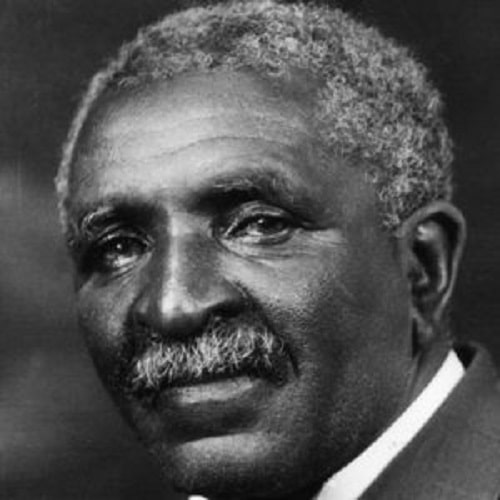Some of them couldn’t fly. They didn’t wear colorful costumes, and they didn’t have superpowers. But they were superheroes all the same. Others were as real as Spider-Man. Throughout the 1940s, ’50s and ’60s, comic books appeared featuring real or fictional African-Americans.
The real-life Black heroes were brilliant scientists or former enslaved people who risked their lives for the freedom of their people. Fictional Black heroes defeated villains ordinary humans could not.
In 1947, the first issue of Negro Heroes featured George Washington Carver, Matthew Henson, Harriet Tubman and Joe Louis. The second issue featured Booker T. Washington, Sadie Alexander, Jackie Robinson and many other real-life Black heroes.
Nonfiction African-American comic books continued into 1969 when the Gilberton Co. produced Negro Americans. Like Negro Heroes, the Negro Americans comic book covered the lives of African-American great achievers. Many illustrations in the nonfiction comic books appear to have been taken from photographs, and the plain yellow, brown or blue colors give the stories a real and not fantasy look.
In the 1940s, All-Negro Comics stood out as being owned, produced and written by Blacks. Unlike Negro Heroes and Negro Americans, however, All-Negro Comics featured fictional African-Americans. Ace Harlem is one character in All-Negro Comics. Although Harlem is a tall, Hollywood-handsome Black detective, the bad guys might be called stereotypes. Other characters in All-Negro Comics were created for laughs but may also have displayed an image many Blacks did not care to see.
Probably the best character to come out of All-Negro Comics is college-educated Lion Man, who is an agent for the United Nations. Lion Man’s mission takes him to Africa where he meets his sidekick — an orphan named Bubba. Today, you’ll find a character named Lion Man appearing in various comic books including Batman. This is likely because Lion Man carries the title of Public Domain Superhero. One of the most interesting versions of Lion Man is the comic book tutorial by Eric Neal that teaches life lessons to children.
The life story of Orrin Cromwell Evans, creator of All–Negro Comics, involves Nazi-sympathizer Charles Lindbergh, racism and Evans’ determination. Tom Christopher states that Evans “went out of his way to meet Morrie Turner, the first syndicated black cartoonist. He was always impressed with the way a well-executed cartoon could simplify and clarify complex issues.”
Nonfiction comic books related the lives of outstanding African-Americans in an easy to understand format. The fictional African-Americans in comic books produced Black heroes with a positive image. Whether fiction or nonfiction, the African-American characters in early comic books sent the message to readers that he or she could also achieve through determination.
Source: Demetrius Sherman at Black Girl Nerds


Comments are closed.